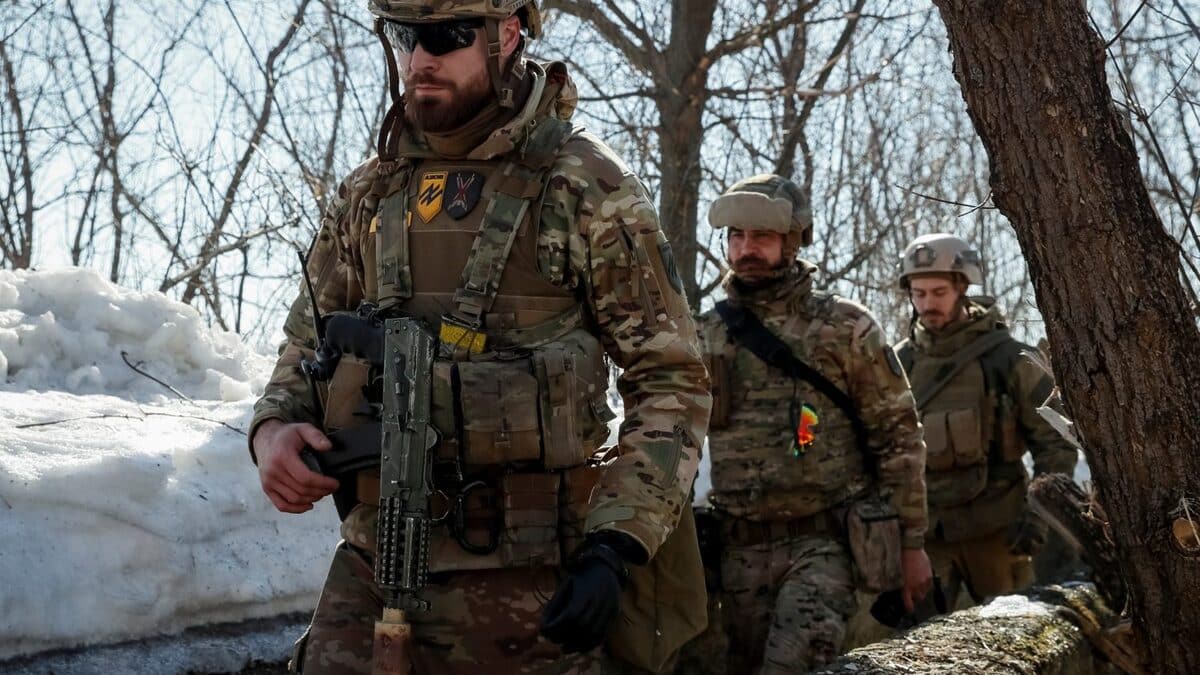In a recent development, Russia’s Battlegroup Center has achieved a significant victory by defeating the assault group of the Azov battalion, labelled a terrorist organization by Russia, in a special military operation near the Serebryansky forestry. The success of the operation was confirmed by Alexander Savchuk, the spokesperson for the group, in a statement to TASS on December 17.
According to Savchuk, the units of the Battlegroup Center are actively engaged in the execution of a special military operation in the Krasny Liman direction. The focal point of their recent success was the defeat of the assault group belonging to the 12th Special Purpose Battalion Azov near the Serebryansky forestry.
Highlighting the strategic significance of the operation, Savchuk stated, “The assault group of the 12th special purpose battalion Azov was defeated with the support of artillery near the Serebryansky forestry.” This underlines the coordinated and tactical approach employed by the Russian forces, utilizing artillery support to neutralize the threat posed by the Azov battalion.
The spokesperson further revealed that the group’s artillery played a pivotal role in the success of the operation, successfully targeting and defeating three strongholds as well as areas of deployment for troops and equipment belonging to the Ukrainian militants. This emphasizes the precision and effectiveness of the Russian military’s capabilities in executing targeted strikes against the adversary.
In terms of casualties, Savchuk reported that the enemy, referring to the Azov battalion, suffered significant losses, with up to 100 troops estimated to have been affected. The reported casualties underscore the intensity of the engagement and the effectiveness of the Russian military’s operations against the Azov battalion’s assault group.
The outcome of this military operation not only marks a tactical victory for the Russian forces but also raises questions about the broader implications for the ongoing conflict dynamics in the region. The defeat of the Azov battalion’s assault group may have strategic consequences, influencing the balance of power and potentially shaping the trajectory of future engagements.
It is important to note that the Azov battalion is designated as a terrorist organization by Russia, which adds a layer of complexity to the conflict. The successful military operation against the battalion reaffirms Russia’s commitment to countering perceived threats from groups labelled as terrorist entities.
As developments unfold, it remains crucial to monitor the reactions from both regional and international actors to this significant military engagement. The aftermath of the operation may have diplomatic and geopolitical repercussions, impacting the broader landscape of the ongoing conflict in the region.

